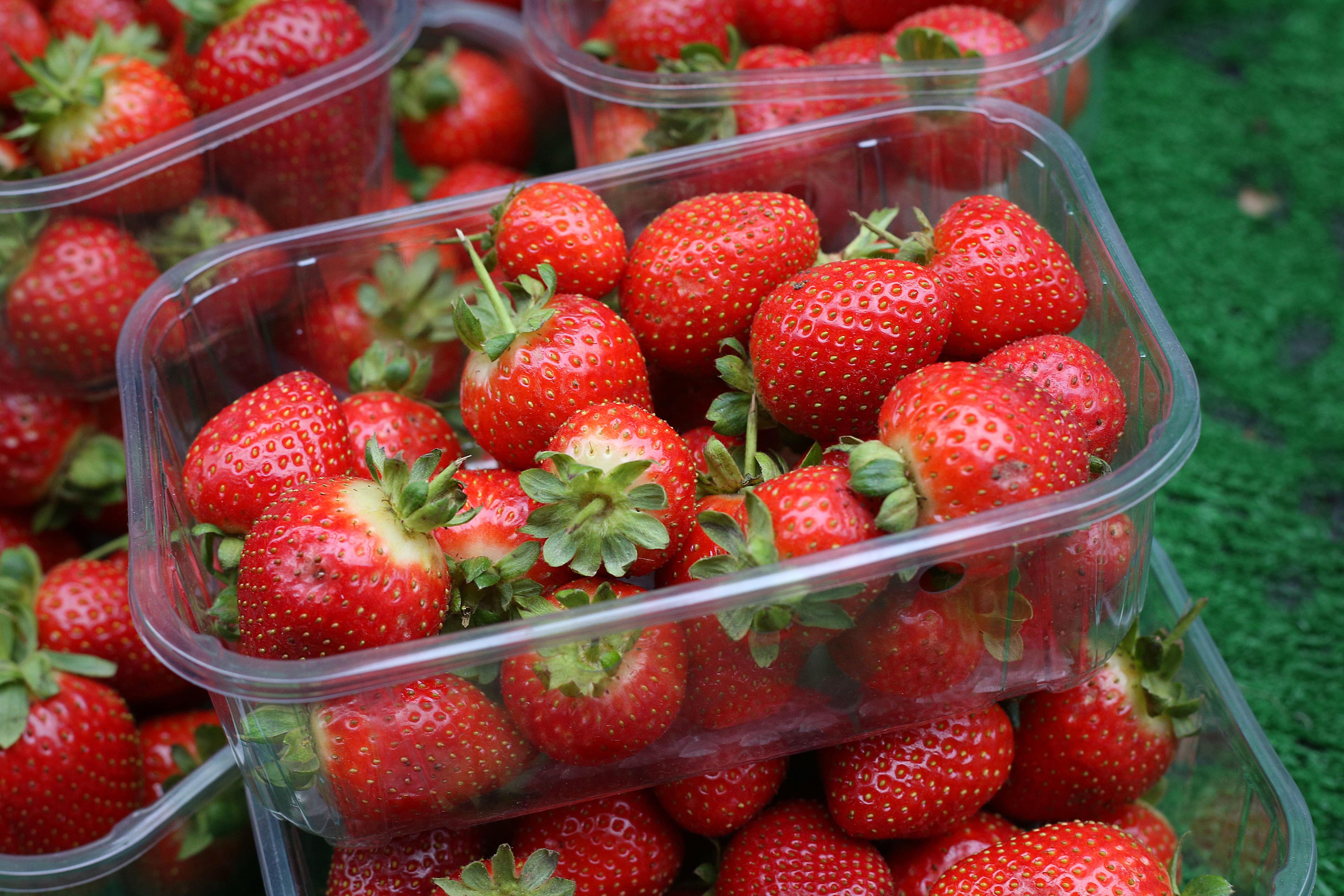Dyson’s vision after vacuum cleaners: the great British strawberry
Dyson is better known for fans and hair styling tools, but its taken tech innovation to the farm - and is just one of a growing number of countries to do so

Your support helps us to tell the story
From reproductive rights to climate change to Big Tech, The Independent is on the ground when the story is developing. Whether it's investigating the financials of Elon Musk's pro-Trump PAC or producing our latest documentary, 'The A Word', which shines a light on the American women fighting for reproductive rights, we know how important it is to parse out the facts from the messaging.
At such a critical moment in US history, we need reporters on the ground. Your donation allows us to keep sending journalists to speak to both sides of the story.
The Independent is trusted by Americans across the entire political spectrum. And unlike many other quality news outlets, we choose not to lock Americans out of our reporting and analysis with paywalls. We believe quality journalism should be available to everyone, paid for by those who can afford it.
Your support makes all the difference.Better known for household vacuums, fans and hi-tech hair styling tools, James Dyson has turned his tech eye to farming by producing strawberries with the assistance of data crunching, drones, and yes, robotic picking.
Sir James has been using robots to pick strawberries produced in its 15-acre glasshouse in Lincolnshire to provide year-round access to the seasonal fruit since 2021.
When those strawberries first hit the market, Sir James said he was excited about the opportunities to develop high-tech ways to support farming.
“There is a real opportunity for agriculture to drive a revolution in technology and vice versa,” he said at the time.
While his farm business and his more well-known tech business may seem unrelated, Sir James said the parallels between the two were greater than most people would think “since the future for both is dependent on investment in research, development, and continual improvement.

“The increasingly symbiotic relationship between our technology business and our farms will, I hope, yield novel new approaches to drive sustainability and performance.”
Besides robotic harvesting, Dyson also uses sensors to measure soil health and feed that information directily into feeding machines, which ensure plants get the correct nutrients. For power it uses energy from its adjacent anaerobic digester, in which microorganisms break down organic material such as food waste to create fuel.
Dyson is not the only adopter of high tech innovation in agriculture.
Dogtooth Tech has been producing harvesting robots 2016, and supplies its strawberry picking robots to Dyson Farming.
On the Dyson farm, about 20 robots have picked millions of strawberries and helped fill labour gaps that were traditionally filled by foreign workers.
Today, Dogtooth Tech’s fifth generation robots pick 200kgs of fruit a day across 10 customer locations.
Dogtooth said some of the benefits of adding robotic pickers to the workforce were theycould work into the night.
But as well as picking, the robots collect data on the fruit – counting berries in different stages of maturity, to provide farmers with information about the coming yield.
The strawberry yield detection project was one of 19 to receive a combined £12.5 million from the Sunak government in 2023, in a funding programme aimed at developing automation and robotic technologies in agriculture.
Other winning projects included a system to digitally map and monitor vineyards with drones, navigation systems for in-field robotic vehicles, and other robot and sensor programmes.
Then farming minister Mark Spencer said at the time: “Farmers are always forward-looking, and innovation is key to driving a resilient, productive and sustainable agriculture sector that puts food on our tables.”
Join our commenting forum
Join thought-provoking conversations, follow other Independent readers and see their replies
Comments